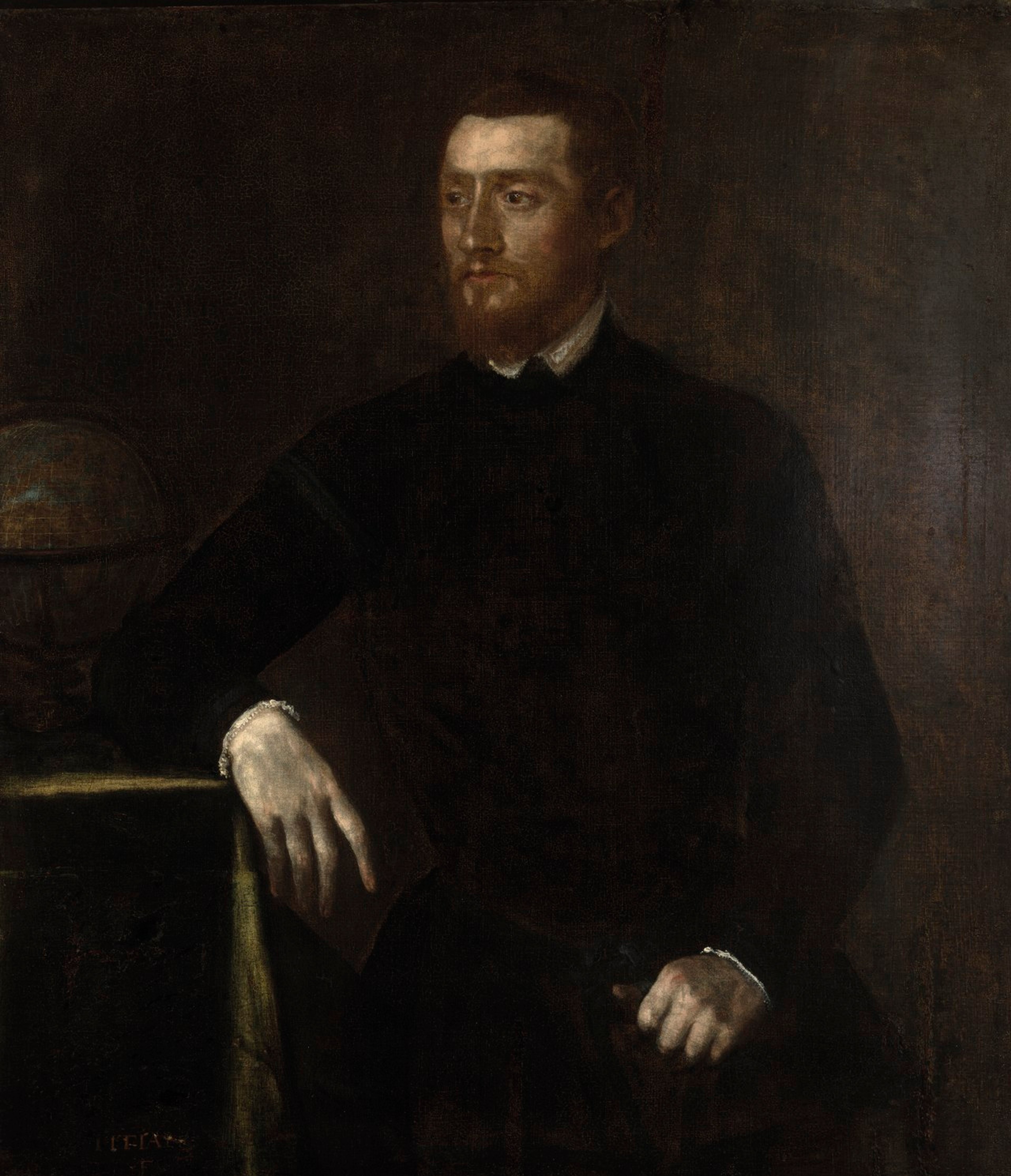Gerard Mercator
Back to people overviewGerard Mercator was a cartographer and geographer.
Trained under Gemma Frisius, Mercator won the patronage of Holy Roman Emperor, Charles V. His greatest contribution to the discipline of cartography was the Mercator projection. To escape religious persecution, he moved to Duisburg in 1552, where he continued to produce globes, instruments, and the famed Mercator Projection.
First used in his 1569 world map, the projection was one way of solving the age-old question of how to map the spherical earth onto a two-dimensional surface. In 1591, Mercator began formulating a three-volume collection of maps. He coined the term ‘atlas’ to describe the book's function, derived from the mythological titan, Atlas, who was a philosopher, mathematician, and astronomer.
After his death in 1593, Mercator's son, Rumold was responsible for completing the atlas in 1595.
